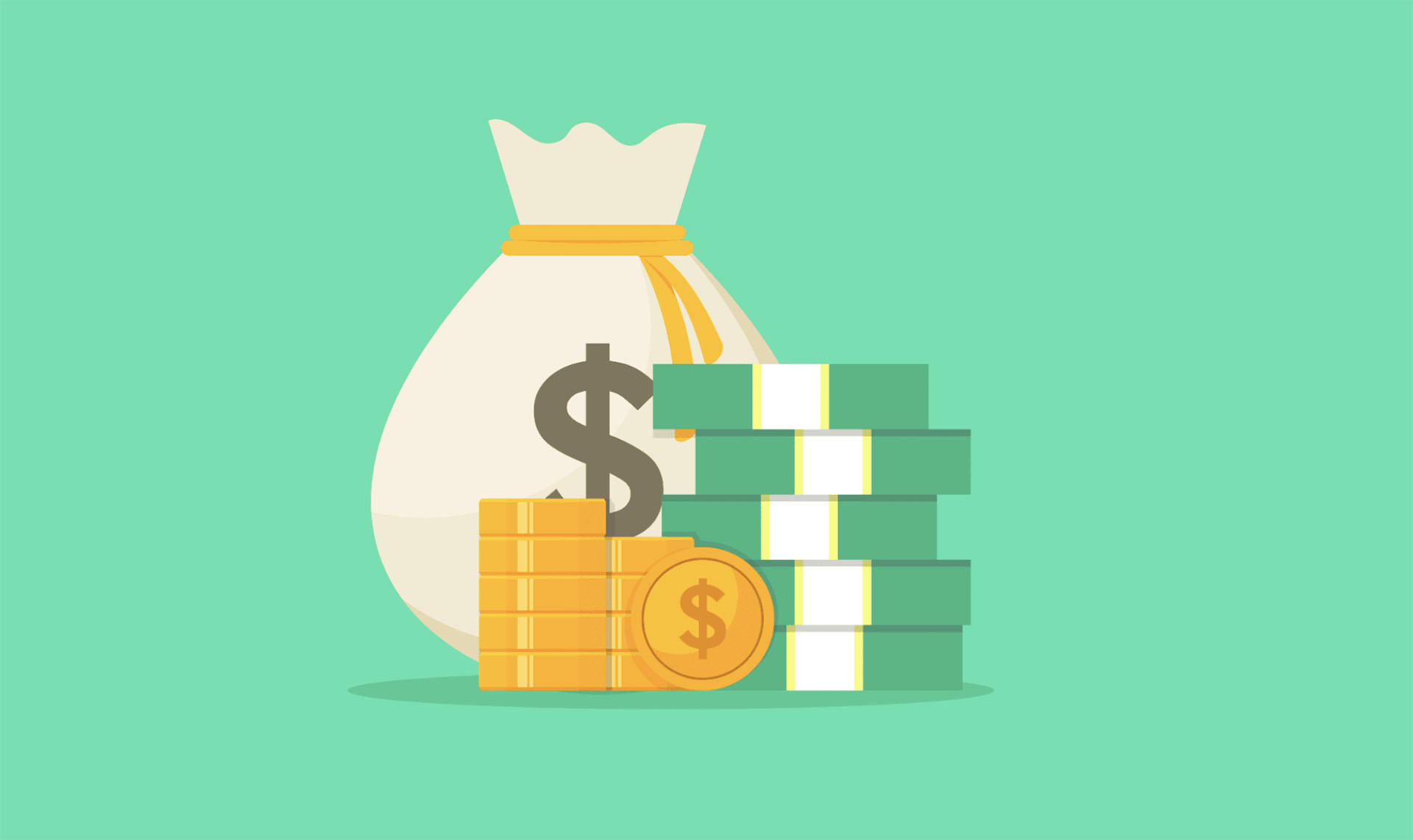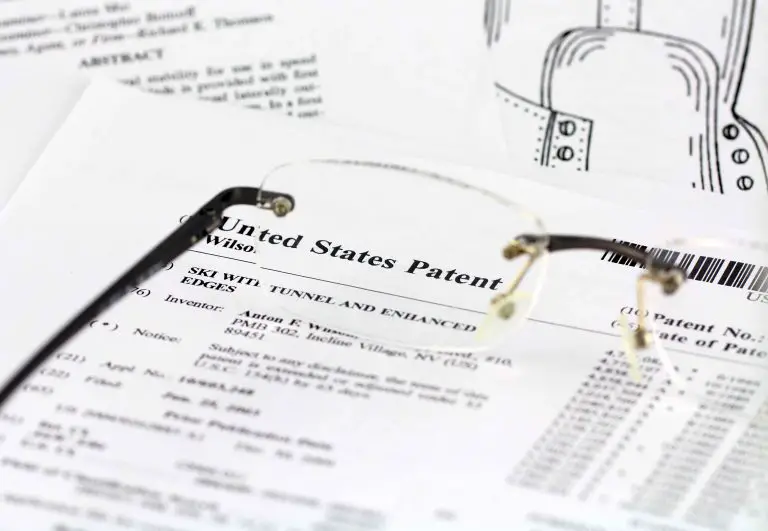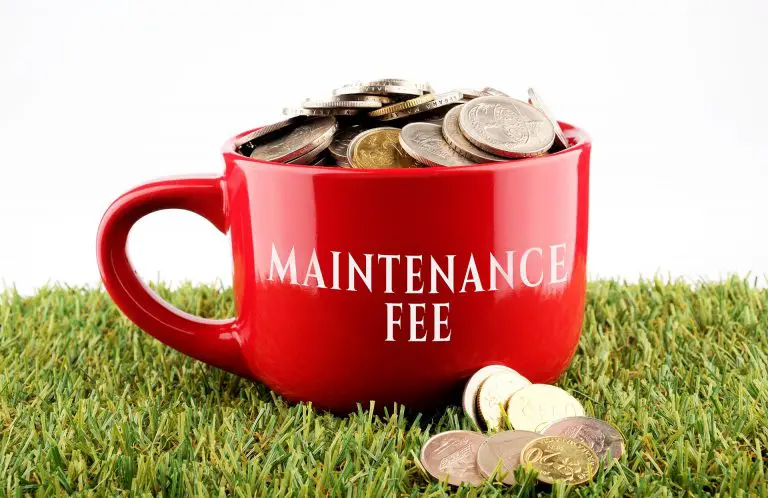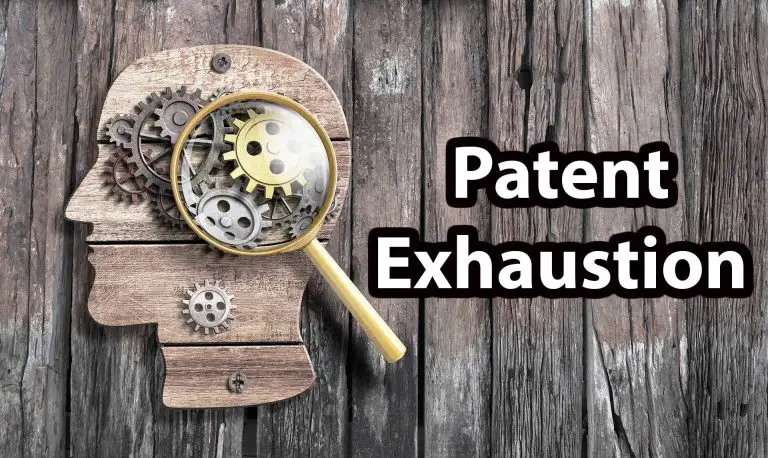Selling Your Patent
If you’re like most inventors out there, you’ve probably spent a ton of money, times, and hard work to make your invention, and even more time and money to patent it. So, how do you profit from your invention? The primary way inventors and you can profit from your patented invention is to sell your patent. Selling a patent is not an easy task, so we will explain the steps you can take for selling your patent, as well as places where you can find others who are interested in the patent you’re selling.
Selling Your Patent
If you have spent a ton of money and time creating your invention and patenting it, you might be wondering how you can profit from your invention. One way that inventors seek to profit from their patent is by selling them. Even if an inventor chooses not to sell his patent, he can profit from licensing the use of his patent to a third party.
If an inventor licenses his patent to a third party, the third-party will manufacture and sell the patented invention and will pay the inventor an agreed-upon fee or royalty for each item it sells. The third option an inventor has is to manufacture the patented invention on his own and proceed to market it and sell it to the public.
However, if an inventor wants a lump sum amount, he can proceed to sell his patent to another party in exchange for a one time fee. That said, if an inventor sells his patent, he will lose all rights that he has to his patented invention, meaning that he will no longer be able to use, make, sell, or import the patented invention to the United States without the new patent owner’s permission. Selling your patent may be the right thing to do because having a patent on an invention does not earn the inventor any money.
For the inventor to make money, he must either license his patent, sell the patent, or manufacture the patented invention and sell it on his own. Manufacturing, marketing, and selling a patented invention is a difficult and costly process, as such, many inventors opt to sell the patent outright in exchange for a one time fee. Having a patent on an invention without more does not generate any money for inventors who have spent a ton of time and money making their invention and patenting it.
So, selling your patent in exchange for a one time fee may be a good idea for you because it guarantees that you receive some sort of financial reward for investing your hard work and a ton of money patenting your invention. Many inventors selling their patents outright, and take their earnings and use them to finance new inventions.
That said, if you’re not in need of immediate cash, it may be worthwhile to search for and find a party that you can license the use of your patent to. Licensing the use of a patent is a great option for those who want to keep the ownership of their patent while still earning some money from their patented invention.
There is no worse feeling for an inventor when he finds out that he sold his patent for a small amount, such as $15,000, and later finds out that the party that purchased his patent is raking in millions of dollars of profits from the inventor’s patents. So, if you do not want to miss out on the potential profits of your invention, ask an experienced patent attorney about licensing your patent instead of selling it.
How Do You Sell a Patent?
Find a buying who is interested in buying your patent is the most difficult and time-consuming part of selling your patent.
You can sell your patent by following these step:
- Brochure – Prepare a document or brochure that explains and shows what your invention is and how it works. Explain the benefits of using your invention over other similar products that are already on the market. Including images of a prototype that you have or markups of the product is helpful to entice the interest of parties that may be interested in your patented product.
- Attend Trade Shows – The best place to showcase and meet people who may be interested in buying your patent is to attend tradeshows that are relevant to the field of your invention. For example, if you have developed a new modem for transferring data for mobile phones, attending a trade show for mobile phones may be the best place for you to showcase your invention. People and companies, big and small, attend these shows from all over the world, so, attending a tradeshow to show off your patented invention may be the best way to find a potential buyer of your patent.
- Advertising – There are a ton of websites on the internet that will allow you to list your invention for sale, take advantage of them and list your invention on them. A simple Google search will reveal a ton of platforms that will allow you to list your invention for sale. Some will list your invention in exchange for a free, and others will allow you to list your invention for free. Also, you can take the old school method and look for publications that write about the product you’ve patented, and ask them to add your product to their magazine or publication. If an interested buyer of your patent sees your product, he may be inclined to contact you and inquire about purchasing the rights to your product.
- Patent Rebel – If you have an invention that you’ve patented and you want to advertise a patent that you would like to sell, feel free to contact us and inquire about advertising your patent on our website. We have inventors from all around the world, who visit our site on a daily basis, so there is a good chance that someone may be interested in the invention that you want to sell.
- Venture Capital – If you have an invention that you’ve already patented, you should try to solicit capital to bring your patented product or invention to market. Patent holders often do this by approaching venture capital firms or by going to friends and family for money to bring their invention to market.
- Patent Broker – You can sell your patent by hiring a broker to facilitate the sale of your patent. Brokers will approach buyers who may be interested in purchasing your patented invention. If a buyer agrees to purchase your invention, the broker typically receives a fixed fee that was previously agreed upon, a percentage of the sale, or royalties from the sale of the invention. If you choose to hire a broker, please be aware that many patent brokers, overpromise and provide you with nothing in return. So, be cautious who you hire to broker the sale of your patent, and do not pay anything upfront.
How Much Can You Sell Your Patent For?
How much you can sell a patent for depends on the invention described in your patent application. If the invention solves a problem that no other invention has solved in the past, you’re likely to make a ton of money on your invention. The same applies if you patented an improvement of an invention that makes an existing invention much better.
The amount of money you can earn from selling a patent also depends on the complexity of your invention, the more complex an invention, the more you will probably be able to earn from selling it. Also, how much you can sell your patent for depends on how well your patent protects the underlying invention. Broader patents that describe an underlying invention well will usually sell for a higher price than patent applications that did a bad job of describing the invention to be patented.
Now, if you have a patented product or invention that is already for sale, you might be able to sell your patent at a higher price if your product sells well in stores. This is because your product has a proven track record of earning profits because of its popularity with consumers. If you have a product that sells well in stores, expect to sell your patent at a much higher price than a product that has been patented but has no history of sales.
Ultimately, the amount of money that you can get for selling your patent depends on the quality of the invention described in your patent application, as well as whether you have a product that’s already on the market with a successful track record. For more information about “how much can I sell my patent for,” contact a patent attorney or patent agent to assist you with evaluating the value of your patented invention or product.
Alternatives to Selling Your Patent
As mentioned previously, if you do not wish to sell your patent or completely give up the rights to your invention, you have an alternative to selling your patent. This alternative is licensing the use of your patented invention or product to a third party in exchange for an agreed-upon fee or royalty. Licensing an invention vs selling it allows an inventor to retain ownership rights to his invention while still earning a profit from his patented product. That said, you should hire an experienced patent attorney to assist you with drafting a patent license agreement so that you and the party that you’re entering into an agreement with fully understand the obligations under the agreement. In the event that there is a falling out, you can protect your rights under the agreement by bringing a lawsuit in court for breach of contract.
Where Can I Sell My Patent?
As we previously mentioned, you can sell your patent by posting your patent on online marketplaces for patents. You can also search for companies that sell products similar to the one you’ve patented, or you can look for companies that might be interested in using your patented invention in their own product. The options are limitless, but your success is determined by how much work you’re willing to put into finding a store or company that’s interested in your patent. Your job becomes significantly easier if your invention solves a problem that no other invention has been able to solve.
Frequently Asked Questions
1) Can I sell my patent?
Yes, if you have a patent, you can sell the rights to your invention by executing an assignment agreement. An assignment agreement is basically a contract where the assignor can transfer any rights he has in a patented invention to a third party. Assignment agreements are permanent and cannot be undone. Once a patent holder assigns his rights to a third party, he can no longer use, make, sell, or import the patented invention.
2) What is my patent worth?
The worth of your patent depends on the quality of the invention, whether the patent solves a common problem that no other invention solves and the strength of your patent application. For more information on the worth of patents, check out the section titled “how much can I sell my patent for” above.
3) Should I patent my idea before selling it?
If you have an invention and you are sure that you can profit from it, it makes good sense to patent it because, without a patent, someone else can steal your idea, patent it, and keep you from using the invention or profiting from it. However, keep in mind that patenting an invention is a costly and time-consuming process, so only patent an invention if you know that you can profit from it.
4) Are patents worth it?
Patents are an extremely powerful form of intellectual property (IP) protection. So, if you or your company has a valuable invention, you should patent it to keep others from using or selling your invention without your express permission.
5) Can you sell an idea for an invention without a patent?
You can sell an idea for an invention without a patent, however, keep in mind that if you tell your idea or show your invention to a third party without having a patent over your invention, you risk them stealing your idea, using it without your permission, and potentially them patenting it on their own. You can ask them to sign an NDA and an agreement where the other party agrees not to use, make, or sell your invention, however, most parties will refuse to sign such an agreement.







